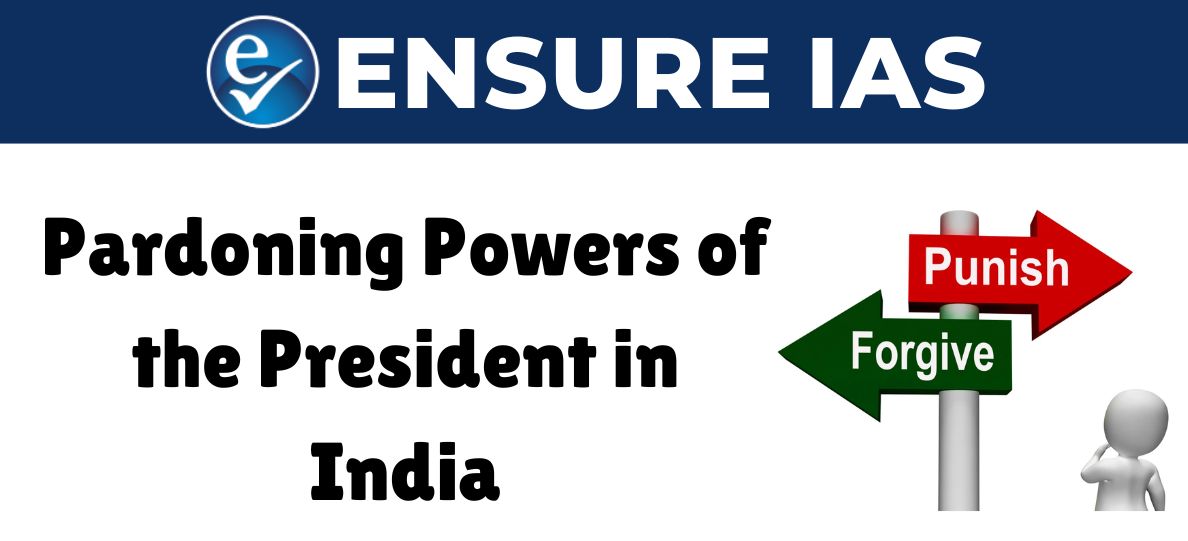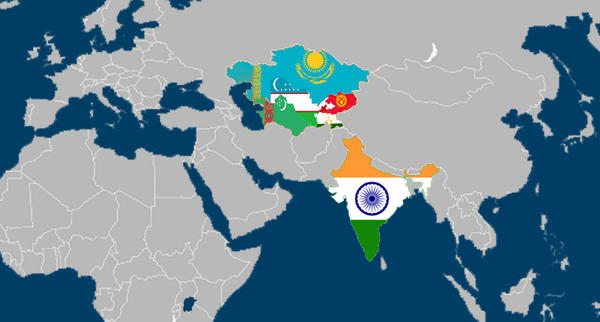- Courses
- GS Full Course 1 Year
- GS Full Course 2 Year
- GS Full Course 3 Year
- GS Full Course Till Selection
- MEP (Mains Enrichment Programme) Data, Facts
- Essay Target – 150+ Marks
- Online Program
- GS Recorded Course
- NCERT- First Ladder
- Polity
- Geography
- Economy
- Ancient, Medieval and Art & Culture AMAC
- Modern India, Post Independence & World History
- Environment
- Governance
- Science & Technology
- International Relations and Internal Security
- Disaster Management
- Ethics
- Current Affairs
- Indian Society and Social Issue
- CSAT
- 5 LAYERED ARJUNA Mentorship
- Public Administration Optional
- ABOUT US
- OUR TOPPERS
- TEST SERIES
- FREE STUDY MATERIAL
- VIDEOS
- CONTACT US
Pardoning Powers of the President in India
Pardoning Powers of the President in India

- Recently, U.S. President Joe Biden issued a 'full and unconditional pardon' for his son, Hunter Biden, who faced sentencing for illegally owning a firearm while using drugs and for tax-related offenses.
- The ‘royal prerogative of mercy’ is a historic prerogative of the British monarch, originally used to withdraw or provide alternatives to death sentences.
Comparison between Pardoning Powers of the President of India and the USA
|
Attributes |
Indian President |
U.S. President |
|
Source of Power |
Article 72 of the Constitution |
Article II, Section 2 of the Constitution |
|
Scope |
Power extends to not only federal/union but also state crimes. |
Power extends to federal crimes only and not state crimes. |
|
Death Penalty |
The President can pardon death sentences, including those by states. |
The President can pardon only federal death sentences, not those for state crimes. |
|
Role of Executive Branch |
Maru Ram vs Union of India, 1980: The Supreme Court held that the power to grant pardons must be exercised fairly, reasonably, and without arbitrariness, ensuring justice and balance. |
The President can act at his own discretion. |
|
Judicial Review |
Limited judicial review; courts can examine the process but generally not the decision itself. |
Courts can review pardons in cases of suspected corruption or abuse of power. |
|
Limitations |
The President cannot pardon someone impeached by Parliament. |
The President cannot pardon someone impeached and convicted by Congress. |
What are the Different Types of Clemency?
|
Clemency Type |
Definition |
|
Pardon |
Removes both the sentence and the conviction, absolving the convict from all punishments and disqualifications. |
|
Commutation |
Substitutes one form of punishment for a lighter one. |
|
Remission |
Reduces the period of a sentence without changing its nature. |
|
Respite |
Awards a lesser sentence due to special circumstances like physical disability or pregnancy. |
|
Reprieve |
Temporarily stays the execution of a sentence to allow time to seek pardon or commutation. |
Pardoning Power of the GovernorThe Governor of a state exercises pardoning powers under Article 161, though with limitations compared to the President's power.
|
|
Also Read |
|




